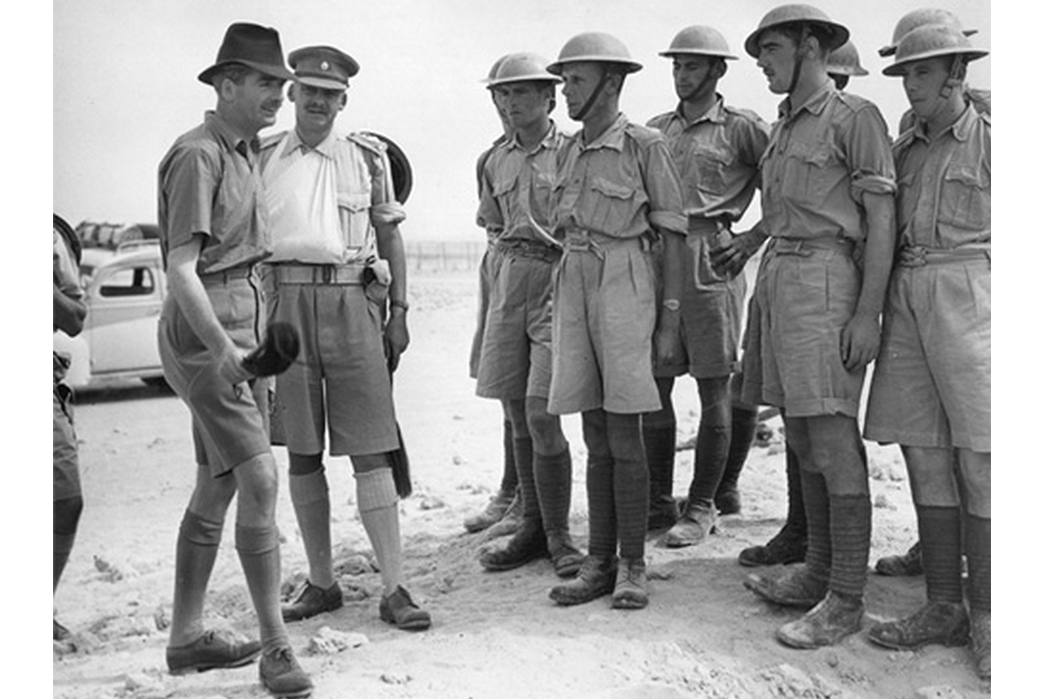I may have found something cool: Possible evidence of deception on the part of my grandparents, an attempt to hide their whereabouts and also when they escaped Belgium to southern France.
My historian friend in Brussels got me several pieces of really interesting information today:
- My great-grandmother Masia's maiden name: She was born Masia (or Mascha) Schiker.
- My grandparent's previous address: Rue de la Victoire 155, in Saint-Gilles (suburb of Brussels). Click the link for a street view image. (Note: It's the blue door to the left of the "POP0" graffiti)
- The date my grandparents moved into their apartment on Avenue de Mai 286: August 24, 1937
- The date my grandparents "moved out" of Ave de Mai: February 20, 1942.
- The address where they "moved" in 1942: Rue Stroobant 42 in Ixelles (suburb of Brussels)
Four and five are particularly interesting, because they directly contradict his oral testimony from 1988. One of the difficulties I've had, is knowing how to resolve contradictions between sources, and when to trust one over another. The dates above are part of historical records, from the census and other archival and official sources. But, are they correct? I think not.
To understand why I think they are wrong, you've got to understand why my grandparents left Belgium. They had two main reasons:
The first (and more important) was that Grandpa thought he was suspected of sabotaging aircraft fuel tanks at the factory where he was a foreman. He wasn't the one who did it - in the family stories he always said it was one of his employees. He never said (to me at least) if he even knew who was really responsible, and the story is vague enough in the details that it seems like he didn't know exactly how it was done. For instance, he said "sand and other more abrasive than sand" powders went into the fuel tanks, and not for example, "silicon carbide or aluminum oxide that I took from the supply closet." He said it was done after it was inspected, but didn't say something like, "there was this window of time where you could access the tank when they sat on the truck overnight, unguarded." In his words:
And someone in my division sabotaged the work by leaving in the tank after inspection, putting into it, inside ... some abrasive powder, sand and other – more abrasive than sand – powders. Obviously this would damage airplane engines to be tested. It was very bad. Before the Gestapo came to investigate what happened and who was responsible, I left a second time; we left Brussels. So the first time, it was in May, 1940, and now it was in late September, 1941.
The second reason: the owner of the factory was directly collaborating with the Nazis, violating Belgium's "Galopin doctrine" that aimed to keep the Belgian economy going despite the occupation. It stated that it was acceptible to produce and sell goods that a) were not war materiel, and b) helped Belgians even if it also benefited Germany. So, food and consumer goods, fine. Munitions, no, and Grandpa didn't like that his employer was violating that doctrine. In 1974, he wrote:
Soon after the invasion the plant was bought by a “collaborator” i.e. by an individual for whom the desire of getting rich was stronger than any moral objection against working for the enemy. We started working for the German Navy and the Wehrmacht. These facts and some other considerations were the reasons why I made up my mind to leave Belgium for non-occupied France with my wife Roma and our one year old baby Lillian.
So, between the two reasons, he decided to GTFO. And it has also occurred to me that leaving when he did benefited the saboteurs -- by deflecting any suspicion squarely onto Grandpa. He would have appeared guilty because he disappeared.
But (and this is where it gets interesting) in 1988, Grandpa specifically stated that they left Belgium in the fall (late September or early October) of 1941, not February of 1942. And he also said in a note to his daughter Lilly written in the early 1970s, that he worked on his English in 1941-1943 when he was in France. So two different sources state he was in France in 1941. He also talked about the weather in Brussels and how it compared to Antibes a few days later, and that description fits a fall timeframe better than deep winter timeframe as well. Exact dates are easy to forget, but seasons less so.
I can accept that there probably are mistakes in his testimony. Grandpa was a pretty brilliant man, very logical and rational, and was still sharp in 1988. BUT, he was elderly, 47 years removed from the events he was describing, AND at times he stated outright that he didn't remember everything exactly.
And ... I think it's unlikely he got the year/season wrong in this case. Escaping to France was a Big Deal. And we remember Big Deals. They left everything behind, taking only their daughter and a small suitcase.
So, what's the situation with the address where they supposedly moved, and the date he moved there?
I suspect that they either never lived at the Rue Stroobant address, or it was a much older, outdated address. When someone moves under normal circumstances, they leave forwarding orders, so their mail is forwarded to their new address. But my grandparents were escaping. They would have wanted to throw off any investigations into their whereabouts (France), and what better way than to leave an official address that shows that they are still in Belgium?
And, I also suspect the Feb 20, 1942 date was when their lease ended, not when they left. And perhaps they even paid the rent through February, to deflect suspicion further.
Damn. I wish my grandfather were alive, so I could ask him.

